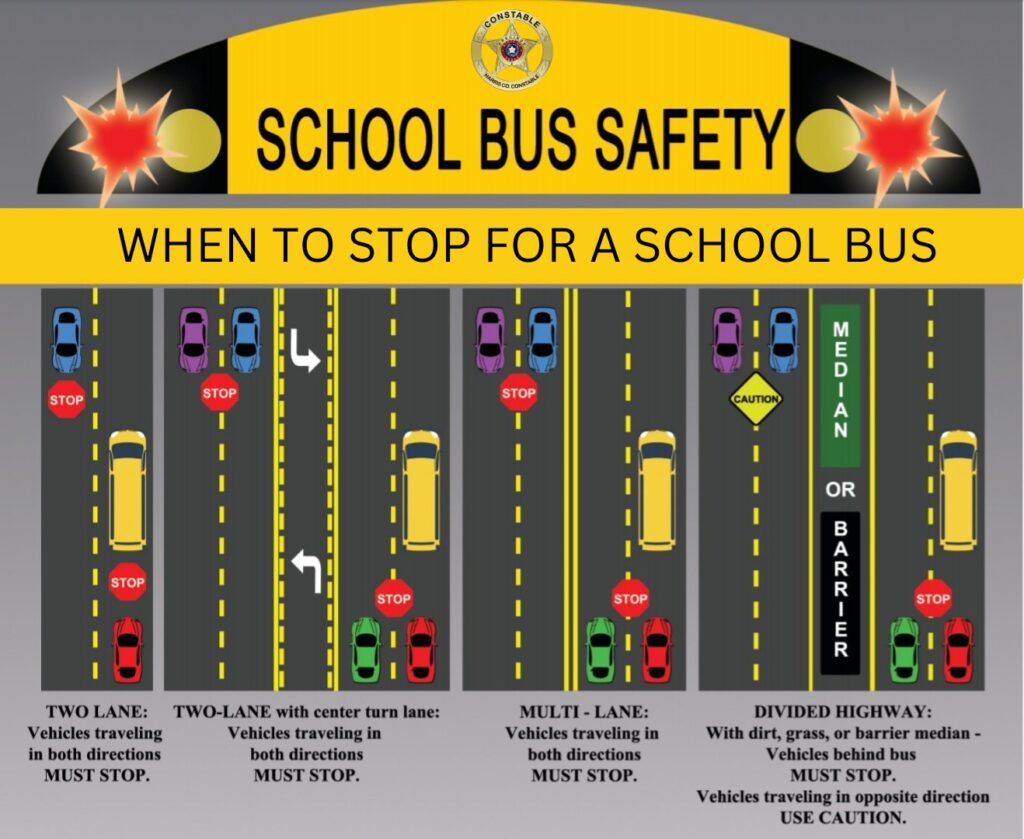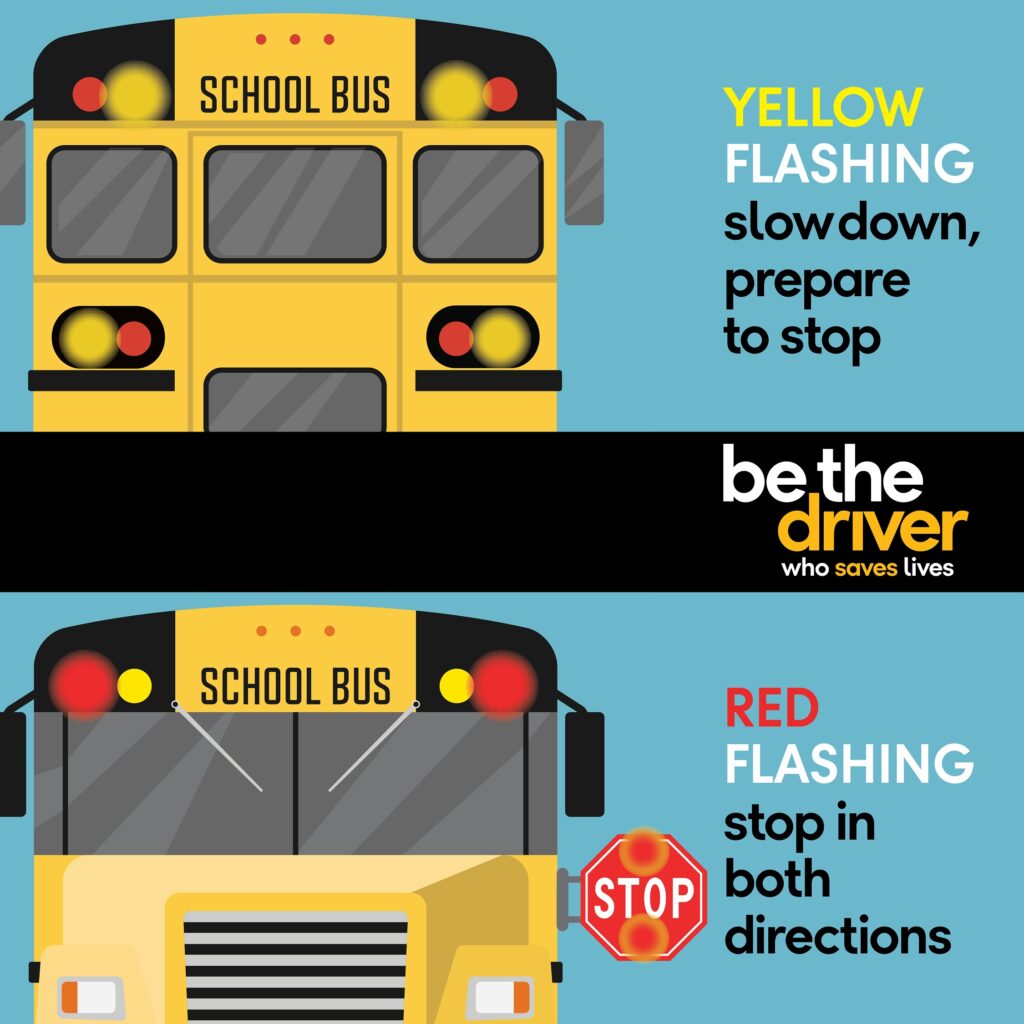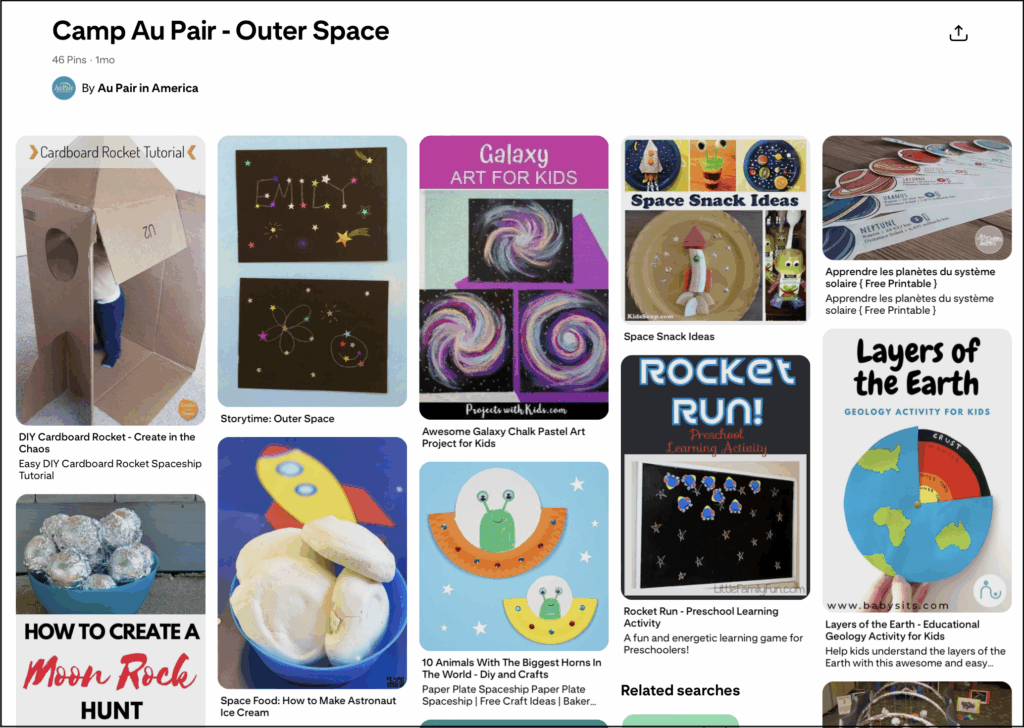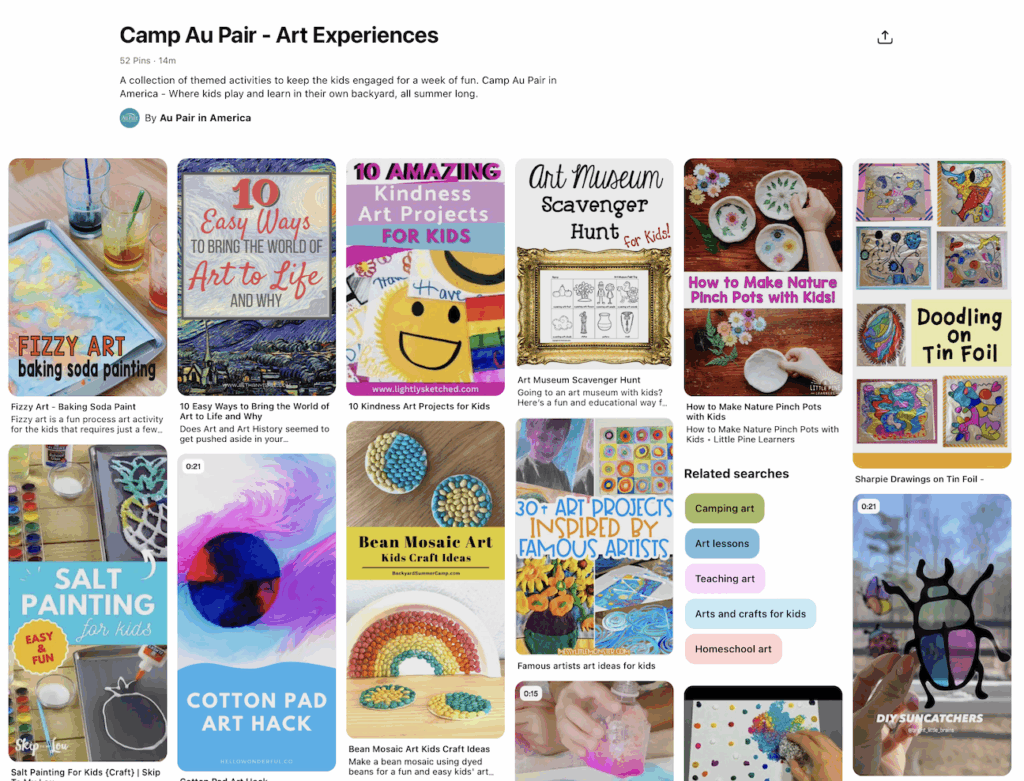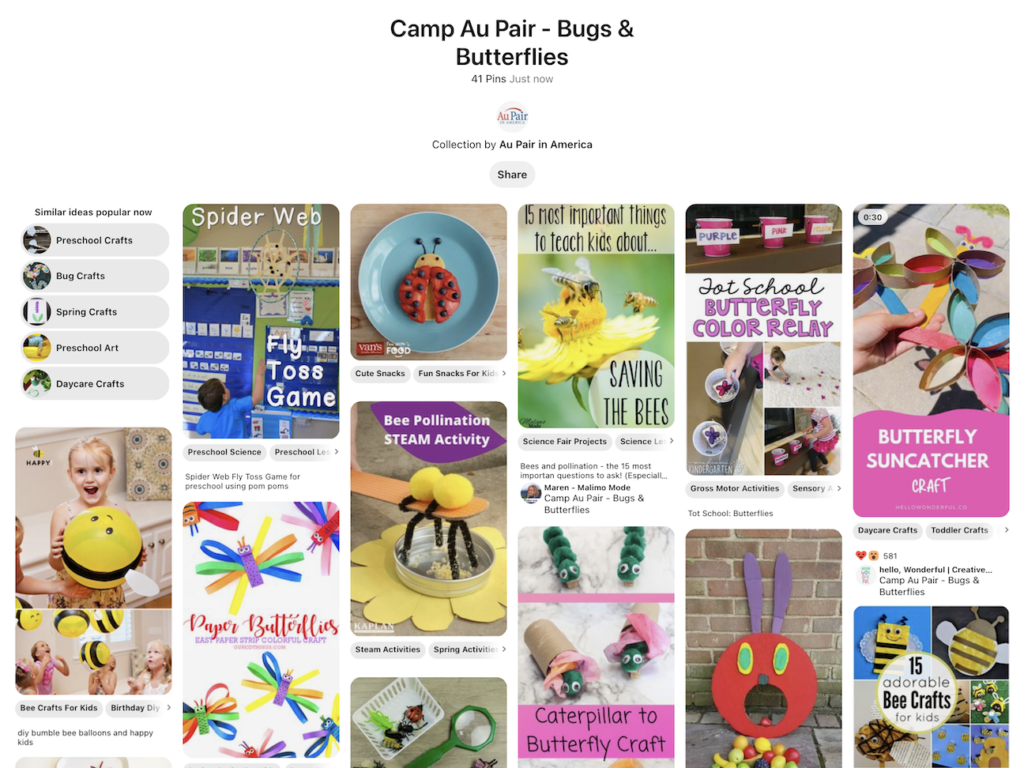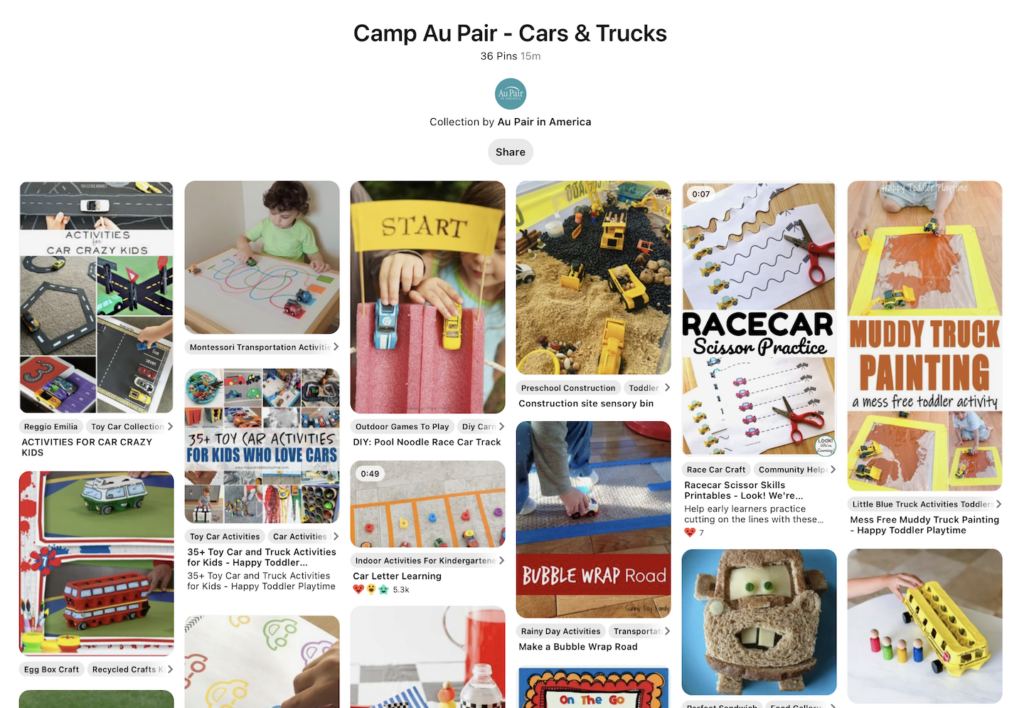Almost everyone experiences culture shock and homesickness when they come to a completely new environment. Everything is different: the language, the food, and the people.
Here are my Top 5 Tips for
Dealing with Homesickness
1. Make friends – Don’t wait for other au pairs to reach out to you, reach out to them. There are other new au pairs who are feeling the same way you are right now. Set a goal to reach out to a few of them each day. Some will respond and some will not. Don’t let that discourage you. No one will ever be mad at you for sending them a message to say hello or ask if they want to do something together. Make friends from various countries and you will also get a chance to practice your English skills together.
2. Stay in touch with your home country, but not too much. Skyping or talking on the phone every day with your family and/or friends back home normally makes homesickness worse. Try texting instead and reduce the Skype and phone calls to once a week, until you feel stronger. It’s much harder seeing the faces and hearing the voices of those you miss.
3. Get out of the house (or your room specifically) – Go to cluster meetings, have coffee, go to the park, and/or go places with other au pairs. If someone invites you out, say “yes” whenever possible. Also, don’t be afraid to do the inviting. If your host family invites you to do things with them, say “yes.” This will help you get to know each other and contribute to your overall happiness.
4. Share your culture with your host family – If you are missing some favorite foods from home, find ways that you can make them here and share them with your host family. There are many international markets in our area, you should be able to find most of the ingredients you need. If you are not really a cook, search online for restaurants and bakeries that have a taste of home. Your host family is probably just as excited to learn about your culture as you are to learn about America.
5. Make plans – Create your own Au Pair Bucket List (places you want to go, new foods to try, new things to experience during your year in the U.S.) and start doing them now. Post on our cluster WhatsApp group to find others who may want to join you on your adventures.
Realize that it definitely gets easier with time.
All au pairs experience homesickness to some extent and nearly all of them stay and have a successful year (some stay for two years.) So, it must get better, right? Once you get past the initial homesickness, most au pairs report how quickly the year goes by.
Photo by: Shimelle Laine (Flickr)





